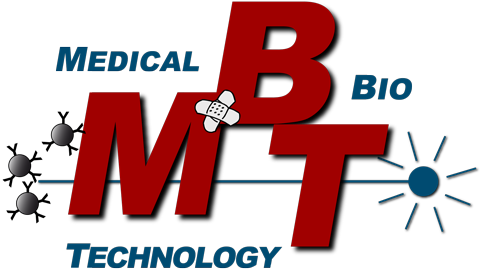Bioreactors in Tissue Engineering
Decellularization is a critical step in ‘top-down’ tissue engineering, as it allows the removal of cellular components while preserving the extracellular matrix (ECM) scaffold. The ECM serves as a template for recellularization, providing structural and biochemical cues necessary for cellular attachment, proliferation, and differentiation. Traditionally, decellularization has been achieved using chemical, enzymatic or physical methods. However, these approaches often compromise the integrity and functionality of the ECM. The Tissue Regenerator bioreactor offers a novel solution by providing a controlled and dynamic environment for de- and recellularization processes. This generic bioreactor system consists of specialized chambers and a programmable control unit that ensures precise regulation of environmental conditions such as temperature, pH, oxygen levels, and fluid flow. Within the Tissue Regenerator, decellularization is achieved through a gentle perfusion system that circulates decellularization agents through the tissue construct. This method ensures the thorough removal of cellular components while minimizing damage to the ECM. The bioreactor’s control unit allows customization of perfusion parameters, enabling tissue-specific optimization and preserving the unique biochemical and biomechanical properties of each tissue type. One of the key strengths of the Tissue Regenerator is its capability to support various tissue types and tissue constructs. By allowing customization of environmental parameters and perfusion protocols, the bioreactor accommodates the specific requirements of different tissues, such as vascularized organs or templates. This versatility makes the Tissue Regenerator an invaluable tool for researchers and clinicians in tissue engineering.
